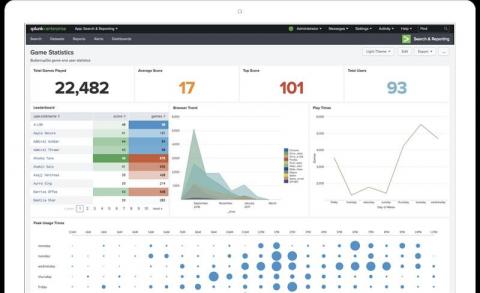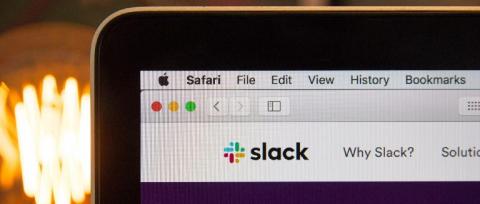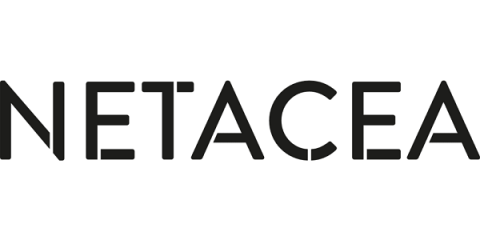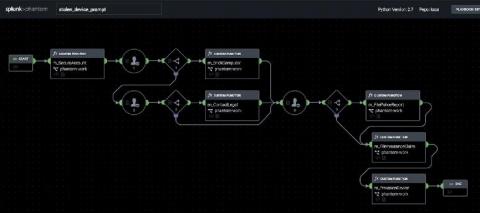When It Comes to Security of the Platform, We Mean Business. Here's How.
At Splunk, we understand that a secure platform is a trustworthy one. We strive to implement a protected foundation for our customers to turn data into action, and part of that effort is giving you more frequent insight into the security enhancements that we’ve made to the platform. In this blog series, we’ll share the latest enhancements to Splunk Enterprise, review our security features in depth, and explain why these updates are important for you and your organization.









